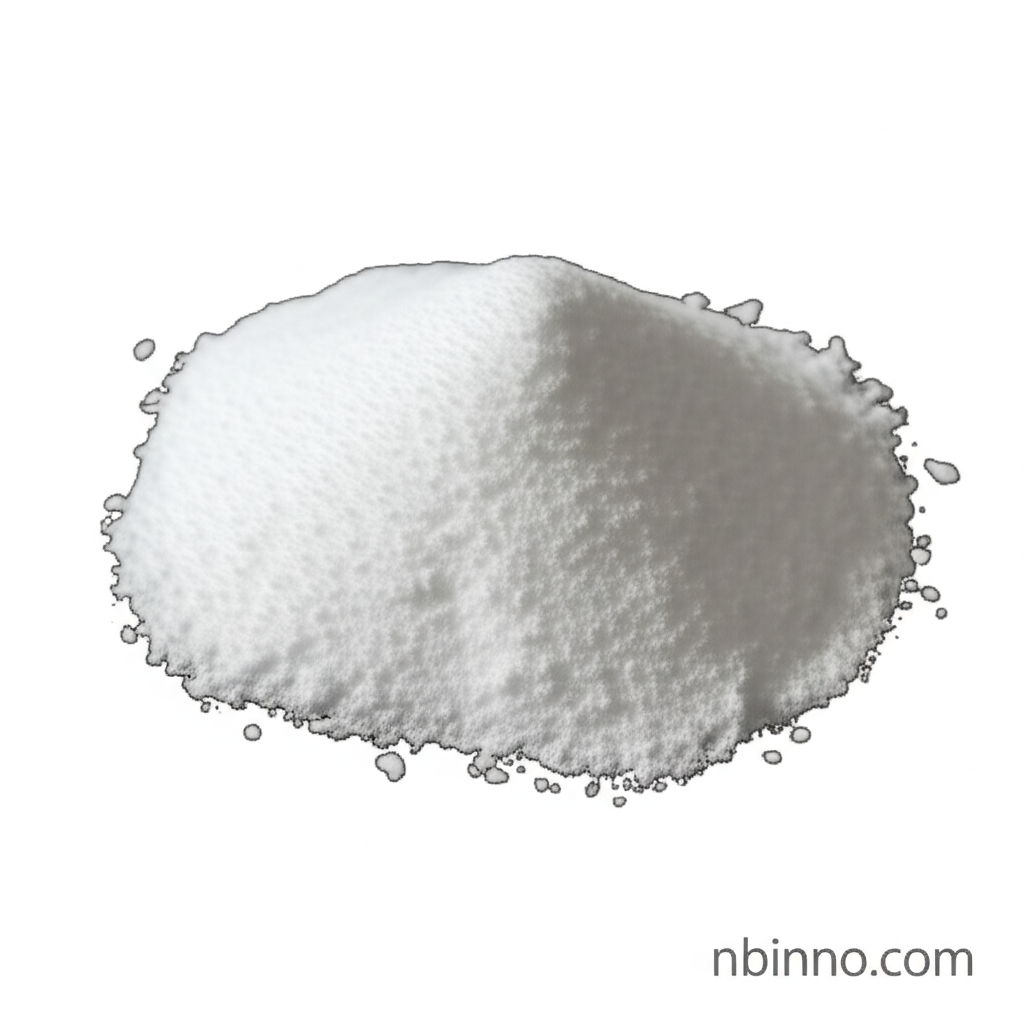Adenosine: A Comprehensive Guide to its Pharmaceutical Applications and Biochemical Significance
Explore the multifaceted role of Adenosine in medicine and biology, from vital cellular functions to therapeutic applications.
Get a Quote & SampleProduct Core Value

Adenosine
Adenosine is a naturally occurring purine nucleoside that plays a fundamental role in cellular energy transfer, forming the basis of ATP, ADP, and AMP. Its diverse pharmacological actions, particularly on cardiac electrophysiology and vasodilation, have made it an indispensable tool in both diagnostic and therapeutic medicine. Beyond its cardiac applications, adenosine is implicated in numerous physiological processes, including neurotransmission, immune response, and cell signaling, highlighting its broad biochemical significance.
- Explore the biochemical pathways of adenosine, understanding its role in cellular energy transfer and its interconversion with ATP and ADP.
- Learn about the pharmacological uses of adenosine in treating cardiac arrhythmias and its application in diagnostic procedures, as detailed in the various sources.
- Understand the distinct actions of adenosine on its receptor subtypes (A1, A2A, A2B, A3) and how these contribute to its diverse physiological and therapeutic effects.
- Investigate the metabolism and short half-life of adenosine, crucial factors influencing its clinical application and route of administration.
Key Advantages
Rapid Onset and Offset
Adenosine's very short half-life means its effects are rapid and transient, allowing for precise control and quick recovery after administration, minimizing prolonged side effects. This is crucial for its use in treating cardiac arrhythmias.
Diagnostic Utility
As a purinergic signalling molecule, adenosine is critical in unmasking underlying rhythms during electrophysiology studies and aiding in the diagnosis of various cardiac conditions.
Broad Applicability
Beyond direct cardiac use, understanding adenosine's role in neurotransmission and immune responses opens avenues for research into treating neurological and inflammatory conditions.
Key Applications
Cardiovascular Medicine
Adenosine is a first-line treatment for supraventricular tachycardia (SVT) and is vital in diagnostic procedures like nuclear stress tests, aiding in understanding coronary artery function.
Biochemical Research
Its role in energy transfer (ATP) and cellular signaling makes adenosine a cornerstone for research in metabolism, molecular biology, and the development of new therapeutic agents.
Neurological Studies
Adenosine influences neurotransmission and has been studied for its potential role in conditions affecting the central nervous system, including sleep regulation and neuroprotection.
Inflammatory and Immune Responses
Emerging research highlights adenosine's involvement in modulating inflammatory processes, suggesting potential therapeutic applications in immune-related diseases.
